An audit of the Metropolitan National Sacco has uncovered a major financial scandal involving the loss of Ksh12 billion.
The findings have exposed years of fraudulent activities by both current and former Sacco officials.
These individuals orchestrated irregular financial practices, including fake dividends funded by members’ deposits, mismanagement of loans, and other questionable transactions.
These actions have caused significant financial losses and destroyed the trust of members, many of whom are teachers and civil servants.
The audit revealed that the Sacco’s financial records were manipulated to hide its true financial position.
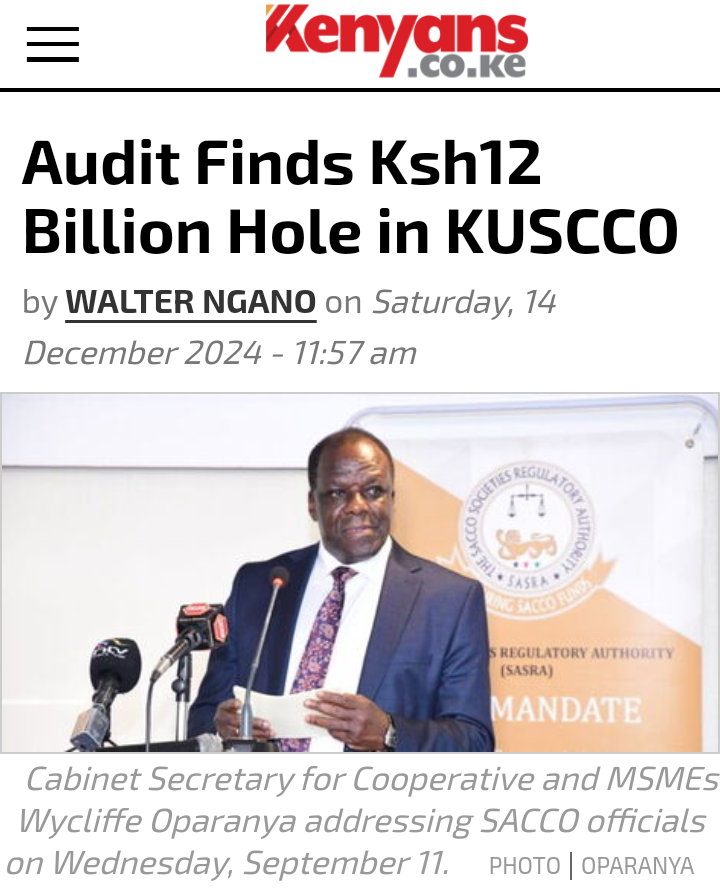
Official reports claimed cumulative assets of Ksh28 billion, but independent auditors confirmed these assets were only Ksh14 billion.
Further investigations uncovered that loans worth Ksh7 billion had been fraudulently issued to fictitious members.
Additionally, Ksh490 million was irregularly distributed to staff without proper authorization.
Several branches, including Kisumu, Kiambu, and Thika, could not account for over Ksh176.9 million.
In Nakuru, one teller was found to have withdrawn Ksh49 million through improper channels, raising serious concerns about internal controls.
This mismanagement is not new; it dates back more than a decade, with some fraudulent schemes reportedly beginning as early as 2010.
Among the irregularities were overdrafts issued to top officials, which were later erased from financial records, and the inflation of member numbers to siphon funds.
Fake loan approvals also became a common practice, further draining the Sacco’s resources.
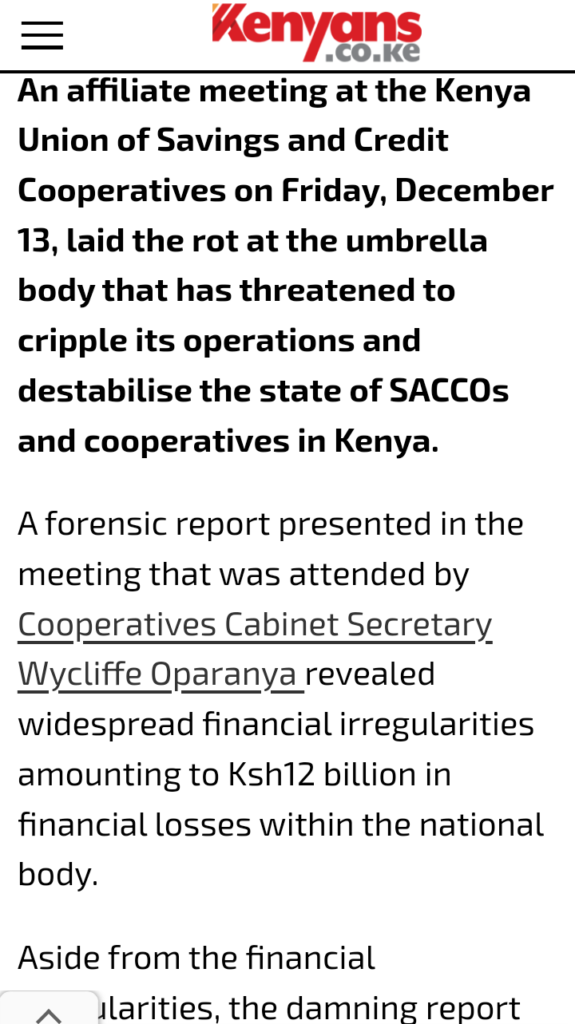
Efforts to address these issues, such as increasing member contributions and restructuring governance, have failed to recover the stolen funds.
The result has been a sharp decline in the Sacco’s reputation, leading to a significant loss of members and worsening financial instability.
In response to the crisis, government agencies, including the Directorate of Criminal Investigations (DCI) and the Ethics and Anti-Corruption Commission (EACC), have launched investigations.
A caretaker committee has replaced the previous board and has been tasked with recovering the lost funds and implementing stricter oversight measures.
However, despite these steps, no arrests have been made, leaving many affected members in despair.
This includes retired teachers who depended on the Sacco for their savings and now fear they may never recover their money.
The Metropolitan Sacco scandal has also highlighted the weak regulatory framework within Kenya’s Sacco sector.
This sector plays a critical role in the country’s financial system, but the lack of oversight has allowed corruption and mismanagement to thrive.
The government has announced plans for legal reforms to tighten regulation and prevent similar incidents in the future. Unfortunately, for many affected members, these measures come too late.







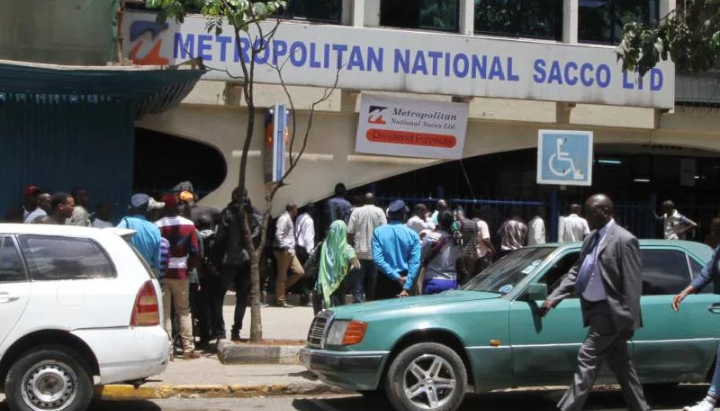


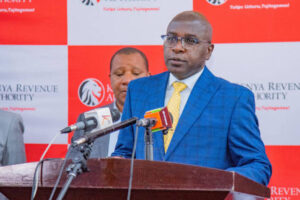

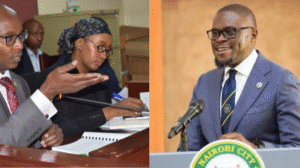
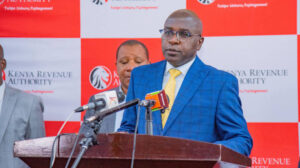


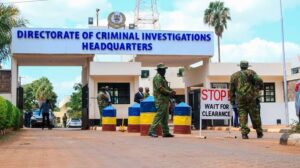



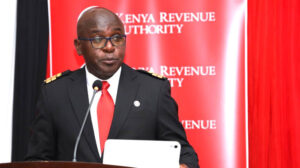
Add Comment